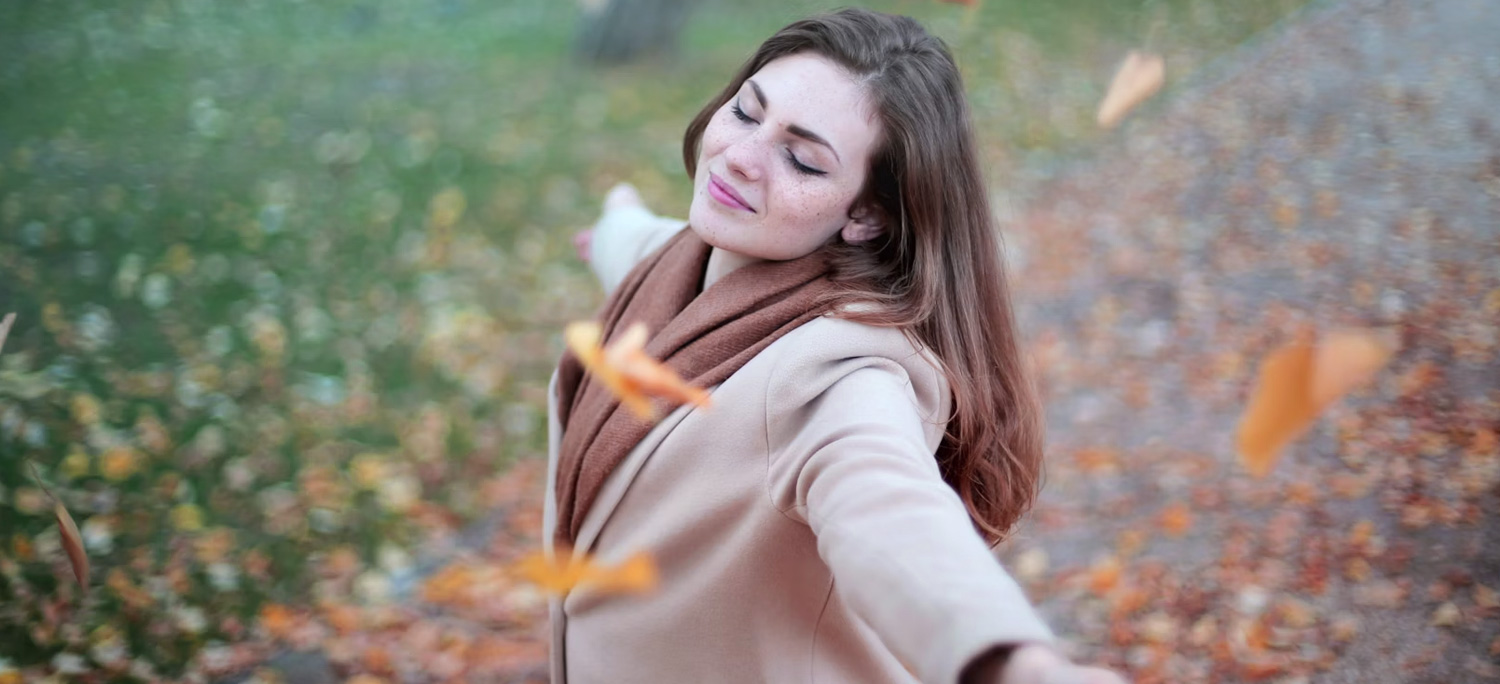
Autumn &
Winter Eyecare
Eight tips to help you care for your eyes during Autumn and Winter.

1. Limit Screen Time
For many people there is no way to get around using computers for work, but it’s best not to use them for hours on end without a break. Symptoms of excess computer use include headaches, dry eyes, and fatigue.
If you must use a computer for several hours at a time for work, try something called the 20-20-20 rule to give your eyes a much-needed break.
Every 20 minutes, take a 20-second break to look at an object at least 20 feet away. Practicing the 20-20-20 rule is an easy way to rest your eyes. You can also use this time to put in lubricating eye drops if your eyes feel dry or irritated.

2. Remember To Blink
Your blink rate decreases significantly when you’re looking at a screen or spending time in front of digital devices. You naturally blink when you’re doing most things, but you may have to actively remember to blink when you’re looking at a screen or doing something that requires a lot of focus.
For many people, this can result in feelings of dryness and discomfort. Remembering to blink when you’re concentrating can help keep your eyes moist and comfortable.

3. Don’t sit too close to Direct Heat Sources
Whether you’re sitting in front of a roaring fire or simply turning on your heat, be careful about sitting too close. Just like air conditioning blowing on your face can dry out your eyes, heat can do the same causing your eyes to feel dry, watery, and generally uncomfortable.

4. Protect Your Eyes Against Irritants and Allergens
As the leaves fall, allergens like pollen, mould and dust are more likely to be around. You can minimise your exposure to airborne allergens by frequently washing your hands, keeping your home and floorings clean, never putting your hands directly to your eyes and driving with the windows closed.

5. Wear Protective Eyewear when Gardening
Gardening in autumn may involve, raking and blowing leaves. This may cause plant material to enter your eyes. To avoid this it is advisable to wear protective eyewear. If you are a contact lens wearer, make sure you always disinfect them after doing any gardening.
We can supply prescription safety eyewear suitable for gardening and many other tasks and would be delighted to give you advice on the best eyewear to suit your requirements.

6. Continue Wearing Sunglasses
It may seem like you should only wear sunglasses in the spring and summer, but in autumn and winter when the sun is out, harmful UV rays in sunlight can still damage your eyes.
All of our sunglasses are available with prescription lenses which block 100% of UVA and UVB. In addition, we have polarised lens options which can significantly reduce glare from reflected light. We will be very happy to show you the benefits of these.
Alternatively we also stock Jonathan Paul polarised fit-overs which are designed to fit neatly over your own glasses.

7. Stay Hydrated
When you’re spending more time inside, you may find it’s easier to forget to drink enough water. But staying hydrated is vital for your health, including the health of your eyes.

8. Eat a Balanced Diet
There are many nutrients and vitamins that contribute to keeping your eyes healthy. Try incorporating foods like fish, seeds, nuts, dark leafy greens, beans, eggs, squash, and sweet potatoes into your diet, as they are good for your eyes.
If you have questions regarding any of the above advice, please don’t hesitate to contact us.
